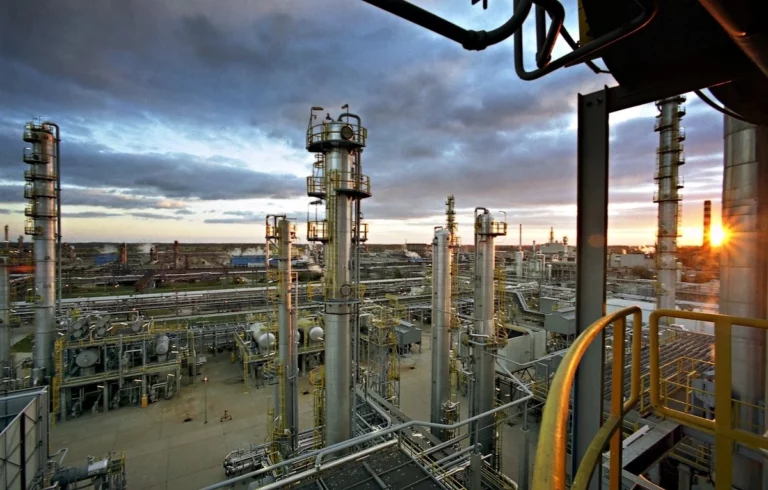Bulgaria
Hungary’s EU presidency will lead Romania, Bulgaria into the Schengen Zone – Orbán supports both states, UPDATED

Hungarian government presses for effective steps against imports of fake honey in Brussels

Hungarian government: Romania’s Schengen accession in line with Hungary’s interest

World’s longest underwater electricity cable, 1,100 km long, brings green energy to Hungary

State secretary: Hungary supports full Schengen membership of Romania, Bulgaria

Bulgaria offers to help Hungary manage difficulties caused by Ukraine oil transit ban

Depressing data surfaces about Hungarian wages and GDP

Hungary at risk: potential exclusion from key NATO group – UPDATE: Romanian president

PHOTOS: Bulgarian Cultural and Educational Centre inaugurated in Budapest

Devastating news: life expectancy at birth in Hungary low, Romania may soon precede Hungary

Hungary falls behind Austria, competes with Bulgaria to avoid last place

Travel Exhibition 2024 in Budapest: we visited – until Sunday, you can too! – PHOTO GALLERY

Wizz Air rewrote summer timetable: European riviera flights called off, modified

CEE ministers press EC for steps to manage Ukraine grain glut

Hungary, Serbia, Bulgaria presidents sign declaration for families

Hungary may open up the gates of the Schengen Zone for this country

Hungarian FM: Bulgaria repealing law hostile to Hungary’s energy security

Hungary will veto the Schengen accession of an EU member state?





 ZH
ZH IT
IT DE
DE HR
HR NL
NL FR
FR JA
JA RO
RO RU
RU ES
ES TR
TR
